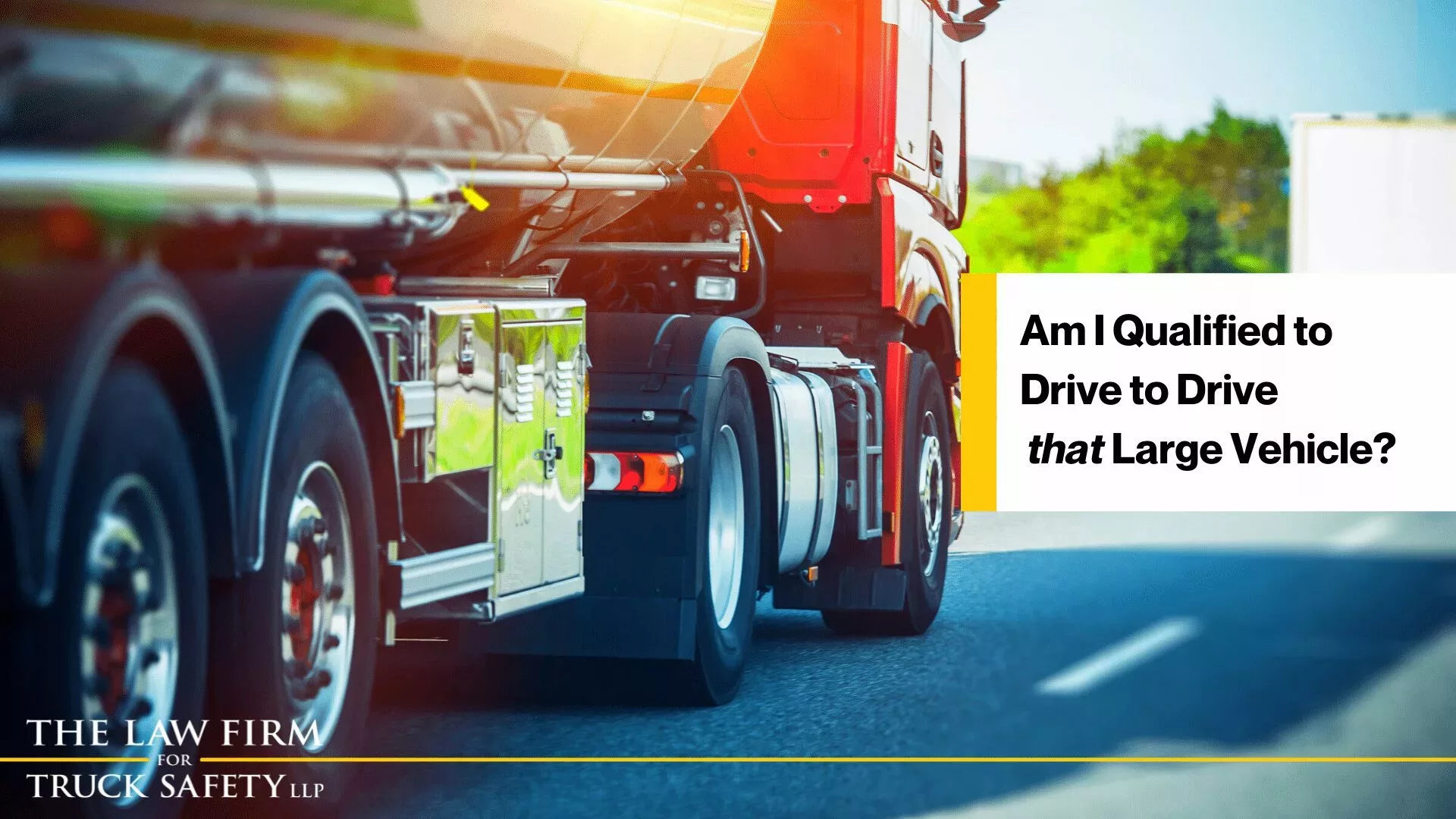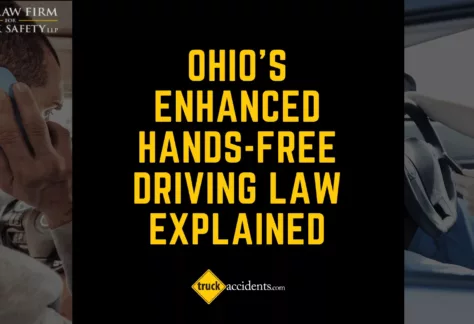The short answer: NO!
There is a dangerous, incorrect, and all too prevalent assumption that the issuance of a CDL (and the training that goes into CDL issuance) means that the CDL holder is qualified to drive any commercial vehicle. In reality, obtaining a CDL is oftentimes just the beginning on the road to becoming a skilled, knowledgeable, and safe driver of your specific commercial vehicle.

A passenger bus is not the same as a hazmat (hazardous material) truck, and neither are the same as a waste management vehicle, yet all are considered commercial vehicles. When commercial vehicles are so diverse, it makes sense that the training, knowledge, and experience needed to competently and safely operate any given commercial vehicle would vary, too.
According to the United States Department of Transportation, Department of Motor Carriers, Vol. 25, No. 1, Jan. 1997, On Guard:
“Recent contacts with truck and bus operators indicate that some, particularly smaller operators, are mistakenly assuming that if a driver possesses a Commercial Driver’s License (CDL), he or she is a trained and experienced commercial vehicle driver. This is not true and can be a very dangerous mistake. All prospective employers of commercial drivers should be aware of the following facts:
- A CDL does not indicate that the holder is a trained or experienced truck or bus driver.
- A CDL merely indicates that the holder has passed minimal skills knowledge tests concerning the type of vehicle he or she proposes to drive.
- A CDL endorsement does not indicate that the holder is trained or experienced in the area covered by the endorsement.
- A CDL endorsement merely indicates that the holder has passed a minimal knowledge test concerning the area covered by the endorsement.
- It is incumbent upon prospective employers of a commercial vehicle driver to ensure that driver is properly trained to operate that employer’s trucks or buses and to handle that employer’s freight or passengers.
Title 49 CFR 391.11(b)(3) (Qualification of Drivers) requires that a driver must be able, by reason of experience, training, or both, to safely operate the commercial motor vehicle he or she drives. This requirement is not met simply by ascertaining that a prospective driver holds a CDL.
Although the CDL Tank (T) and Hazmat (H) endorsements may satisfy part of the Hazmat training requirements of Title 49 CFR Part 172 (Subpart H), possession of these endorsements do not relieve the employer of the responsibility for providing Hazmat training.”
Referrals & Co-Counsel
Involved in a Crash?
No other law firm knows trucks quite like us. Our trucking law expertise and trial experience allow us to win multi-million-dollar results year after year.
Our team of truck accident attorneys works tirelessly to help your family find justice in the wake of a catastrophic truck crash.
Referrals & Co-Counsel
No other law firm knows trucks quite like us. Our trucking law expertise and trial experience allow us to win multi-million-dollar results year after year.
Involved in a Crash?
Our team of truck accident attorneys works tirelessly to help your family find justice in the wake of a catastrophic truck crash.


